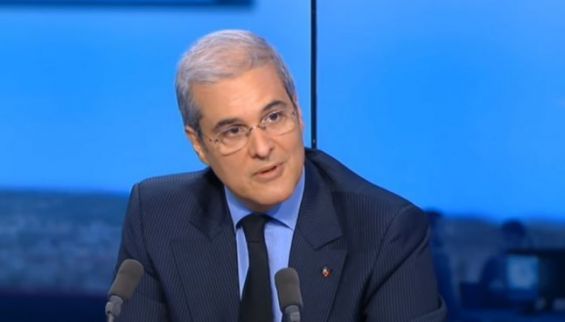Former U.S. Secretary of State Shultz invited, on Monday, nine participants to his panel series «Governance in an Emerging World» to address the «importance of the Middle East in what he called ‘a globe on a hinge of history’», reports Stanford University student-run newspaper the Stanford Daily.
The panel, which was hosted by the Stanford University in California, focused on the changing demographics in the region, the role played by technology and the challenges that face countries in the Middle East, the same source added.
Prince Moulay Hicham of Morocco was one of the nine participants who attended Shultz’s panel. During discussions, the «red prince» addressed the «nuanced place of technology in Saudi Arabia», the newspaper revealed. A country that the Prince knows by heart, given his family ties with the ruling family in Riyadh.
Criticizing Saudi Arabia’s 2030 Vision
«As the world is transitioning away from hydrocarbons for a variety of reasons it has become imperative for Saudi Arabia to revise its formula for growth», said King Mohammed VI’s first cousin, commenting on Saudi Crown Prince Mohammed bin Salman’s 2030 Vision of «diversifying his nation’s economy away from a rentier economy and oil-dependency».
According to Prince Hicham, Saudi Arabia is incapable of reaching the goals set by the program. He doubted the efficiency of the project launched in 2016, stressing that it would be hard for the Saudi Kingdom to give up on its oil-dependency.
To put it in other words, Moulay Hicham stressed that Riyadh would not «succeed in achieving an economy defined by modernization without modernity».
«Saudi Arabia’s rentier state model. Government investment in technology and youth in Saudi Arabia could build a bubble that bursts when hydrocarbon rents dwindle».
To Moulay Hicham, Saudi Arabia «wants the advantages [of a modern economy] without paying the costs», the same source reported.
For the record, the 2030 Vision program, launched by Mohammed bin Salman, has set a series of long-term goals. One of these ambitions is to enable Saudi Arabia «to become a global investment powerhouse» by diversifying the country's economy without relying on oil.




 chargement...
chargement...












